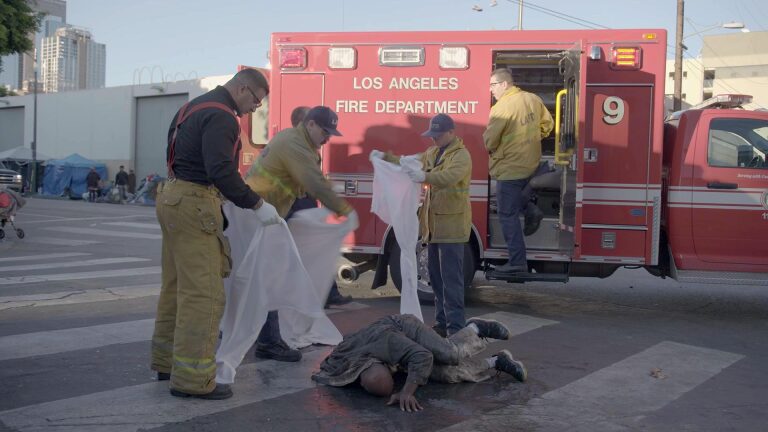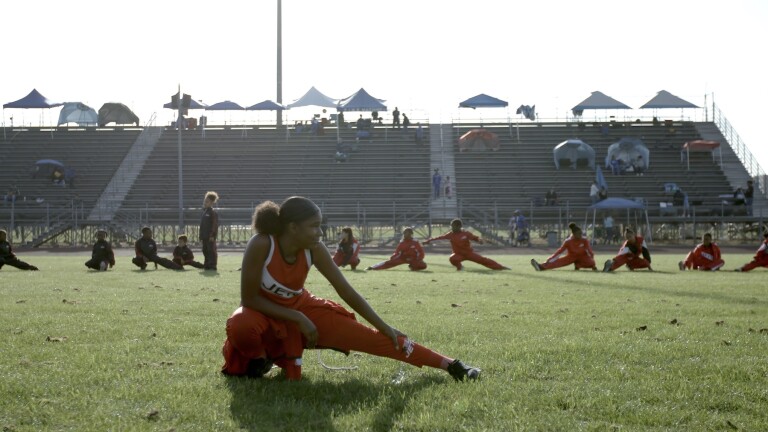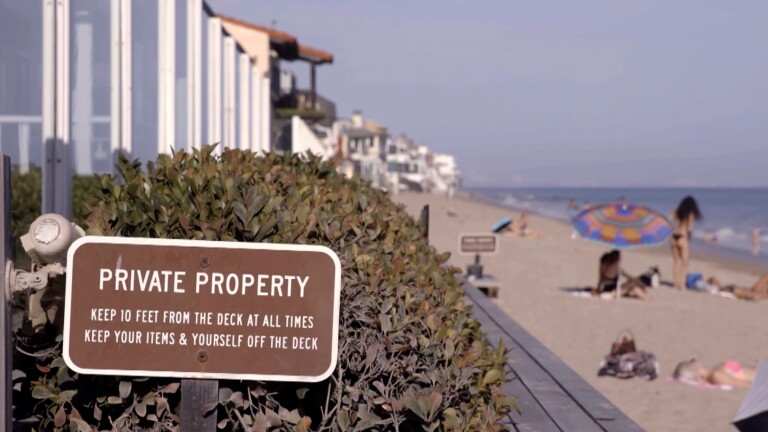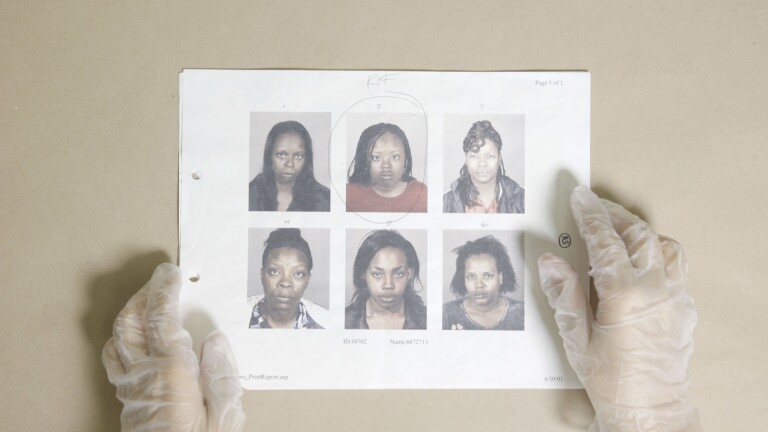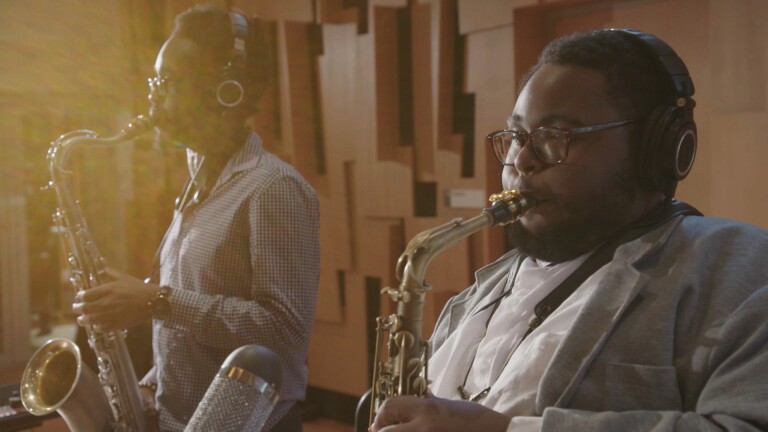
The Uncertainty of Police Body Cameras
UPDATE: In late April the L.A. Police Commission adopted policies for the use of body cameras. All officers must turn the camera on when they are investigating a crime or enforcing a law. Officers do not have to get consent from the public to be recorded. In general, officers must review the video before writing their reports. But if an officer is involved in a shooting, he or she must get permission before they can view the video.
Body cameras for police are coming. And for some local police departments, this technology is already a reality.
In the wake of recent shootings of unarmed black males, President Obama called for the funding of body cameras and training for police departments across the nation. Shortly after, L.A. Mayor Eric Garcetti declared a plan urging for the deployment of 7,000 body cameras for LAPD officers by 2016.
In the near future, it's possible that almost every police officer will be required to strap on body cameras in an effort to document crimes and provide transparency. But not everyone is on board.
Some experts say body camera technology is just a temporary solution for the growing mistrust and tension that exists among law enforcement and communities of color.
While body cameras are coming to many jurisdictions in Southern California, there are still a lot of questions raised about how these cameras will be deployed and how the footage will be used. As the LAPD solicits public feedback to guide its upcoming policy -- a policy that may guide other smaller departments across the country -- reporter Conor Knighton takes a look at the unknowns surrounding these new devices. He speaks with LAPD Chief Charlie Beck, visits the Hawthorne Police department, and talks to citizens and activists who believe these cameras only serve as a Band-Aid to much deeper rooted issues.
Featuring Interviews With:
- Steve Soboroff, president, L.A. Board of Police Commissioners
- Robert Fager, chief of Hawthorne Police Department
- Ti Goetz, Lieutenant, Hawthorne Police Department
- Connie Rice, civil rights lawyer
- Sal Shamapande, community member

